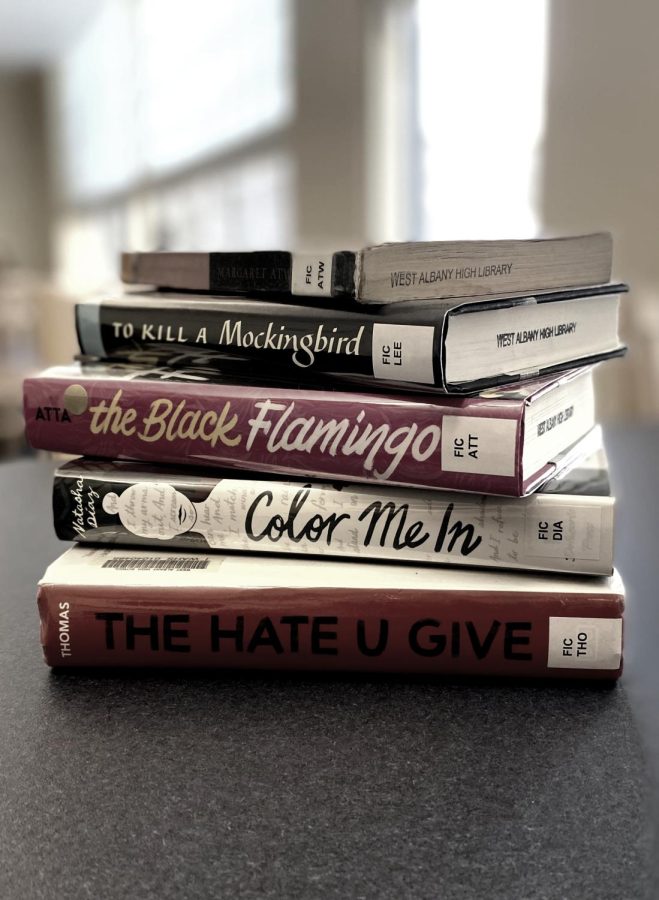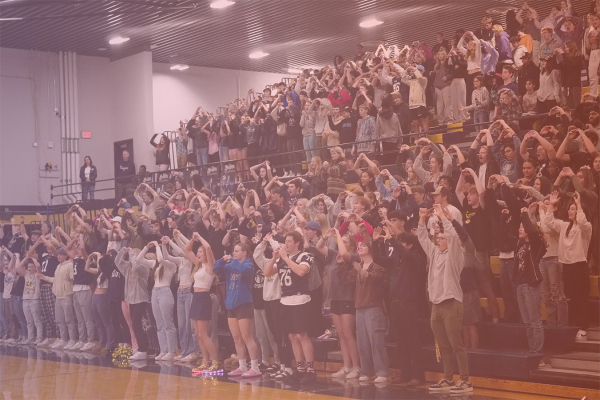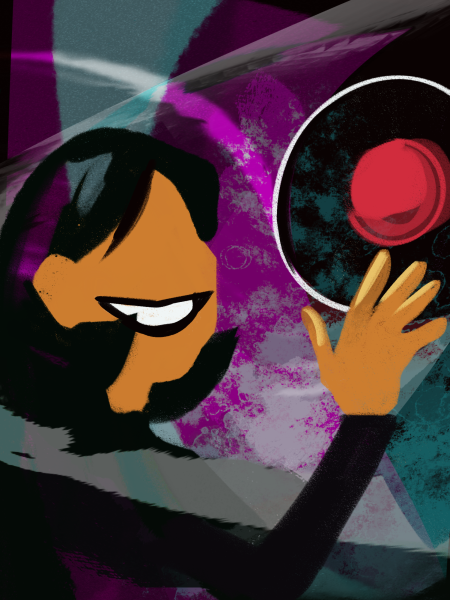Chucking Covers
Recent book bannings and what do they mean to west’s own books?
According to Friedman and Fariad John’s data, Oregon’s next-door neighbor Idaho has already banned over 40 books and Oregon itself has banned, at most, 25 titles from its shelves. When it comes to WAHS, many of the books which have been banned in other corners of the nation, like “To Kill a Mockingbird” or even “The Call of the Wild” are used in west’s English curriculum and are still an option to enjoy, but one day those books might not be an option due to their graphic content or racial issues being discussed, which begs the question, will there be a day when a book referencing any minority tragedy or struggle is accessible? The removal of these books can be seen as taking away an opportunity for young adults to learn about and relate to people who are like them in a community.
In journalist Ariana Figuerona in there article “An ‘unprecedented flood’ of book bans engulfs U.S. school districts,” they report that 1,648 unique book titles have been removed from book outlets in schools since 2021. Though, the future of book banning is unknown it doesn’t look like it’s slowing down any time soon
However, the severity of book banning is state-dependent, with some states going to the point of terminating staff or hefty fines for violating laws related to the issue, according to “Changing America,” “If the book is not removed… the school employee tasked with getting rid of it will be terminated —subject to due process— and prohibited from working at another school for at least two years”
There are some titles that may seem logical to ban from schools, such as the 22% of books banned in elementary and middle schools for the explicit depiction of sex, according to “Banned in the USA: The Growing Movement to Censor Books in Schools” by Jonathan Friedman and Nadine Farid Johnson, Furthermore, it could be argued that some books which include very dark parts of history should be kept at the high school level, given the students’ higher level of maturity and the capability of an individual to fully understand the subject matter. However, banning books that educate a young audience about minorities in society might exclude inclusiveness and relatability with school libraries.
For example, some districts in Oregon have already had books banned this year. The Medford school district, at the beginning of summer, banned the graphic novel adaptation of “A Handmaid Tale”, according to an article by Oregon Public Broadcasting.
Books can be a mixed bag when it comes to what society deems socially acceptable. In recent years, America’s social climate has caused a crusade of book banning given the sensitive nature of certain topics. When it comes to these topics: Race, religion, activism, and LGBTQ+ representation, many of which are represented in WAHS’ library, how long until this book banning fever reaches West’s walls
Your donation will support the student journalists of West Albany High School. Your contribution will allow us to purchase equipment and cover our annual website hosting costs.














